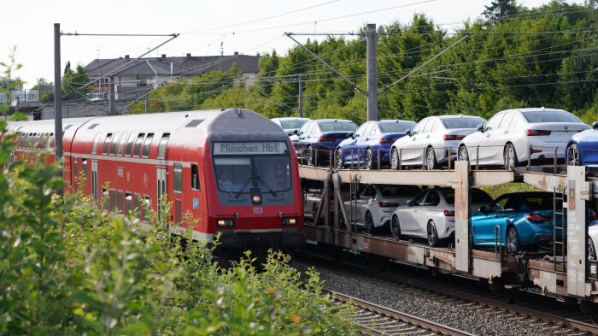The measures will support the aviation, rail, maritime, inland navigation and road sectors, and will be designed to ensure “no single player is hit harder than any other, as the entire sector moves on from the travel restrictions put in place during the coronavirus pandemic,” the EC says.
“Today’s proposals put forward concrete ways to ease the daily operation in the transport sector, across modes,” says commissioner for transport, Ms Adina Vălean. “This should also allow companies in the sector to start focusing on their much-needed recovery.”
With measures introduced to protect public health during the Covid-19 pandemic making it difficult for some operators, individuals and national administrations to complete certain formalities required under European Union (EU) law, such as renewing licences, the package includes a proposal to extend the validity date of certain certificates, licences and other authorisations.
Some periodic checks in road, rail, inland waterway transport and maritime security will also be postponed temporarily.
For rail, the EC is proposing to extend the deadline under which some member states must transpose EU law on rail safety and interoperability for three months. “The delay will ensure the sector has legal clarity, and can focus its time and resources on coronavirus recovery,” the commission says.
Support for rail freight
The package coincides with a call by the European Rail Freight Association (ERFA) for the introduction of measures to support rail freight operators, such as waiving of track access and energy charges, which would provide equal assistance for all operators. ERFA says it is also essential that any potential support given to rail operators is transparent, fair and open to all operators, whether state owned or private.
The association warns there is a risk that individual operators could recapitalise during the crisis, affecting the whole sector. ERFA wants the EC to continue to enforce EU competition law. ERFA says the temporary framework for state aid measures, adopted by the EC on March 19 did not introduce an exemption to competition rules.
“The possibility of direct grants under the temporary framework is limited,” says ERFA secretary general, Mr Conor Feighan. “The temporary framework, although welcomed, should therefore not be viewed as the sole solution to the issues facing rail freight. This is an important understanding in discussions on how we can support the sector. Since long lasting and heavy market turbulences are foreseen, we need to be looking at solutions outside the scope of the temporary framework such as sectoral support measures.”
“What the rail freight industry needs from national government is proactivity,” says BLS Cargo CEO and ERFA president, Mr Dirk Stahl. “We need to see support measures now, such as a waiver on track access charges and energy charges, rather than waiting until we begin to see rail freight operators begin to struggle. Direct state aid for rail freight undertakings should only be considered where it remains compatible with the internal market and is directly related to the Covid-19 crisis.”

